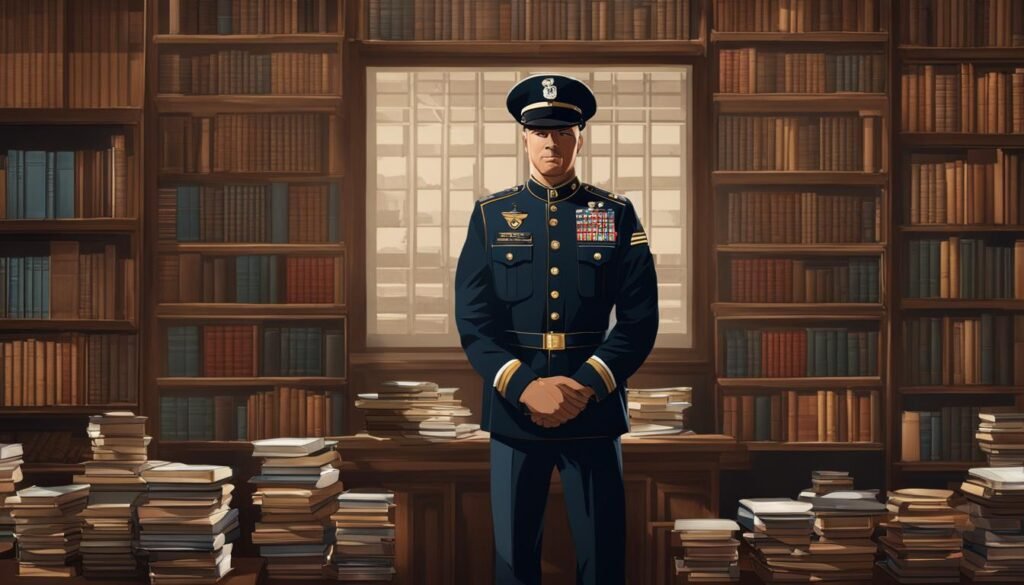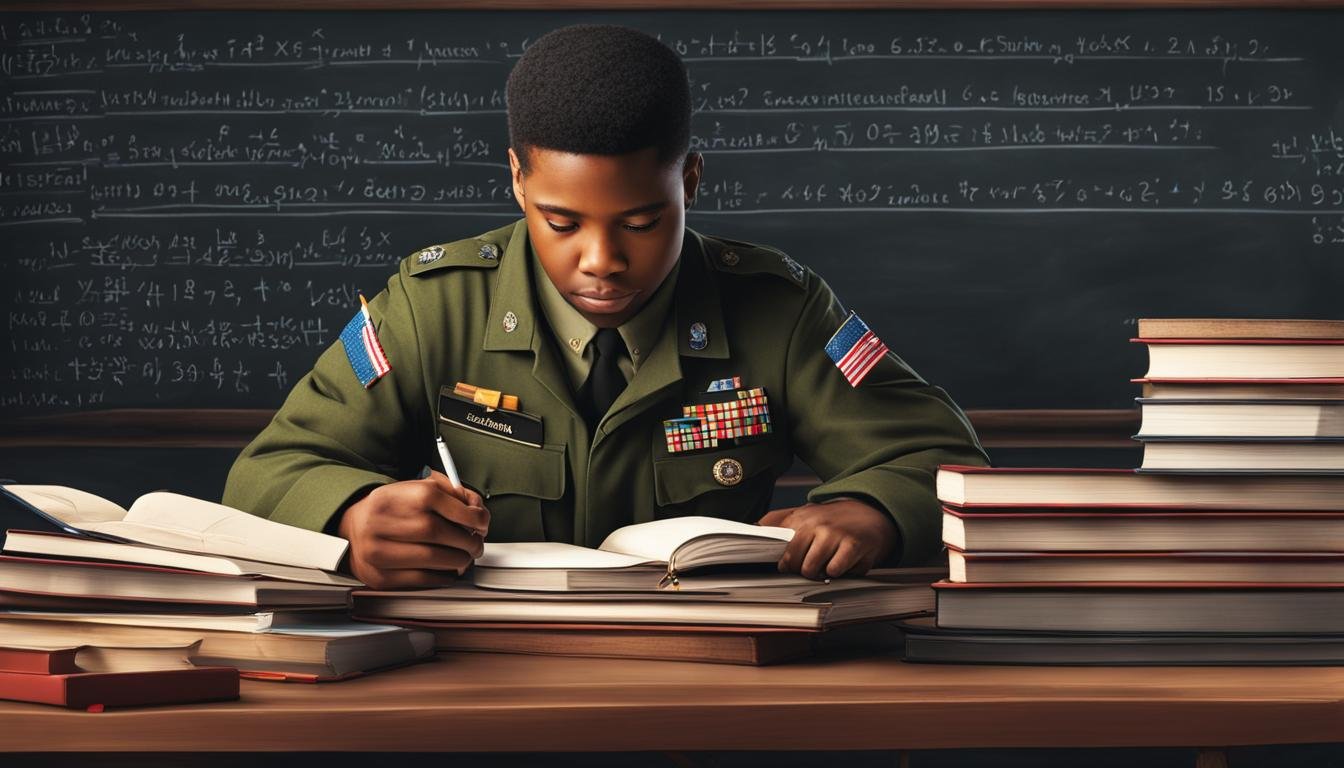As a veteran returning to civilian life, pursuing higher education may be a goal that you have set for yourself. However, you may encounter challenges in standardized testing that can create educational gaps. But don’t worry, there are strategies and resources available to help you close these gaps and improve your test scores.
Research has shown that schools that have successfully closed the achievement gap between different student populations have implemented effective teaching methods. By emphasizing reading skills, teaching higher-order thinking skills, and reteaching material, these schools have seen improvements in test scores. These strategies can also be applied to help veteran test takers bridge the educational gaps.
It is important for veterans to have access to educational support that caters to their unique needs. By participating in programs that make at-risk students engage, requiring students to communicate effectively through speaking and writing, and getting emotionally involved in the learning process, you can enhance your test-taking abilities and overcome the challenges you may face.
Key Takeaways:
- Educational support for veterans is essential in closing educational gaps in standardized testing.
- Effective teaching methods emphasizing reading skills and higher-order thinking can improve test scores for veterans.
- Veterans should actively engage in programs that encourage participation, effective communication, and emotional involvement in learning.
- Accessing educational resources and support tailored to veterans’ needs is crucial for success.
- Utilizing strategies employed by schools that have closed the achievement gap can help close educational gaps for veteran test takers.
Academic Success for Veterans in College

Veterans transitioning from military service to college often encounter unique challenges in their academic journey. From honing study skills to understanding college-level expectations, there are resources available to support veterans in their pursuit of higher education.
Improving Study Skills: Veterans entering college for the first time may find themselves needing to refine their study habits and techniques. Online resources and campus veterans’ centers offer guidance on effective study strategies, such as time management, note-taking, and exam preparation. These resources can help veterans enhance their learning experience and achieve academic success.
“The transition from military life to academia can be challenging, but with the right study skills, veterans can thrive in college. By utilizing available resources and adopting effective study techniques, veterans can overcome any initial obstacles and excel academically.”
Credit for Military Experience: It is important for veterans to be aware of the academic benefits they may be eligible for at both the federal and state levels. To recognize their military training and experiences, veterans can explore options for receiving academic credit. This acknowledgment can save valuable time and resources as veterans pursue their degrees.
When selecting a college or program, veterans should consider institutions that have dedicated staff for veterans’ affairs, as well as understand the coverage of their Post 9/11 GI Bill. It is also worth exploring whether the school participates in the Yellow Ribbon Program, which can provide additional financial assistance to eligible veterans.
Academic Resources for Veterans
- Online study guides and tutorials
- Campus veterans’ centers
- Mentorship programs
- Study groups and peer support
- Writing centers and tutoring services
- Time management workshops
- Test-taking strategies
By utilizing available academic resources, improving study skills, and exploring credit options for military experience, veterans can overcome the unique challenges they may face in higher education. With determination and support, veterans can thrive academically and achieve their educational goals.
| Academic Resources | Benefits |
|---|---|
| Online study guides and tutorials | Enhances self-study capabilities |
| Campus veterans’ centers | Provides personalized guidance and support |
| Mentorship programs | Offers guidance from experienced individuals |
| Study groups and peer support | Fosters collaboration and motivation |
| Writing centers and tutoring services | Improves writing and subject-specific skills |
| Time management workshops | Helps veterans effectively balance academic and personal responsibilities |
| Test-taking strategies | Equips veterans with techniques to excel in exams |
How Can Veterans Overcome Educational Gaps in Standardized Testing Through Coaching?
With specialized standardized testing coaching for veterans, these individuals can bridge the educational gaps and succeed in standardized exams. Through personalized support and tailored strategies, veterans can confidently navigate the testing process and achieve their academic goals. Dedicated coaching can empower them to excel in their educational pursuits.
Conclusion
Overcoming educational gaps in standardized testing for veterans is a challenging journey, but with the right strategies and resources, it is entirely possible. By implementing effective teaching methods that emphasize reading skills and higher-order thinking, veterans can improve their test scores and close the educational gaps they may face. It is crucial to provide veterans with access to educational support to help them navigate the challenges of higher education.
Veterans can further enhance their academic success by improving their study skills, especially in areas such as math and writing. Online resources and campus veterans’ centers offer valuable assistance in this regard. Additionally, veterans should be aware of the academic benefits they are entitled to at both the federal and state levels, including the possibility of receiving credit for their military training and experiences.
Choosing a college or program that has dedicated staff for veterans’ affairs, understanding the coverage of the Post 9/11 GI Bill, and exploring options like the Yellow Ribbon Program are crucial considerations for veterans. By persevering through the challenges and utilizing the right guidance and resources, veterans can thrive in higher education, overcome obstacles, and achieve their academic goals.



